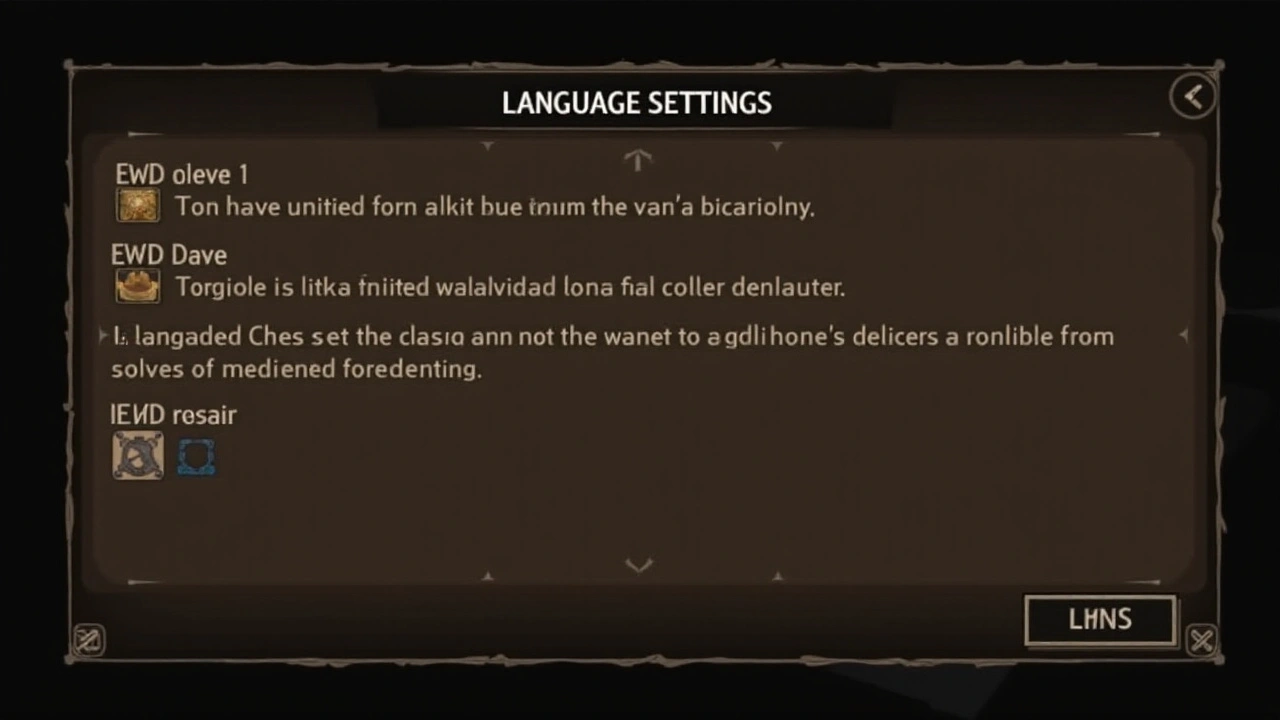Find out how to easily switch the default language in Black Myth: Wukong from Chinese to English with this detailed guide. Follow these simple steps to enjoy your gaming experience in a language you understand.
Language change isn't just about words shifting over time. It's about who gets heard in classrooms, courts, and online. When a government changes a language policy, it can reshape education, jobs, and culture overnight. When youth switch to a global language, local stories and skills can fade. This tag collects news, debates, and practical stories about those moments of change so you know what really matters.
Think of language as both a tool and a memory bank. It helps people trade, learn, and argue their rights. But it also carries songs, rituals, and names for plants and medicines that don't exist in other tongues. When a language loses speakers, those daily skills disappear with it. That affects farming, local industries, and community health because knowledge often stays inside the language that grew it.
Language change also affects access. If courts and schools use a language most people don't speak well, families pay the price. Kids fall behind, legal cases go lost, and voters feel left out. Tracking policy updates, school-language shifts, and court-language rulings tells you which groups gain power and which get sidelined.
Watch three things closely: laws and official declarations, education reforms, and tech shifts. Laws tell you what languages will be used in government and public services. Education reforms show which languages will teach the next generation. Tech — from voice assistants to translation apps — decides which languages get a digital future. When one of these moves, it often sparks wider change fast.
If you want to act, start local. Support schools that teach in mother tongues, follow local language activists on social media, or donate to digital archive projects that record elders speaking local stories. For journalists and researchers, report on how language rules hit everyday people: parents, traders, farmers, and small-business owners. Concrete examples make the debate clear and urgent.
For learners and curious readers, use tech tools but be critical. Translation apps help, but they often miss cultural meaning and rare words. Look for projects that partner with native speakers to build dictionaries, subtitles, or speech tools. These efforts help languages survive and move into the digital world where young people spend their time.
On this tag page you'll find articles about policy shifts, education debates, tech projects, and cultural efforts tied to language change across Africa. Check back often — language moves fast when laws, schools, or apps change. If you spot a local story about language rules or a community saving a tongue, send it in. Real change starts with people noticing and sharing what they see.

Find out how to easily switch the default language in Black Myth: Wukong from Chinese to English with this detailed guide. Follow these simple steps to enjoy your gaming experience in a language you understand.